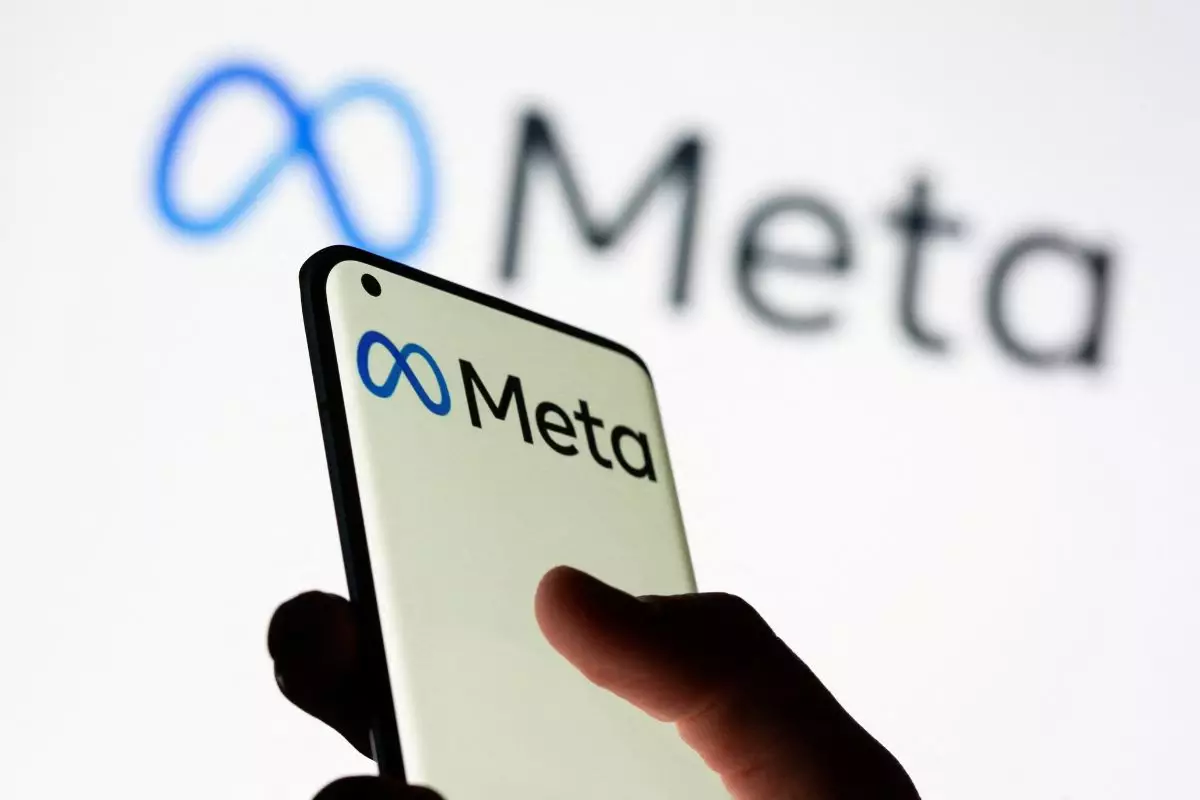In an unexpected turn of events, recent courtroom testimonies from Meta’s CEO Mark Zuckerberg have unveiled his deep-seated concerns surrounding antitrust scrutiny during the company’s ambitious journey. The high-stakes trial, instituted by the U.S. Federal Trade Commission (FTC) to challenge Meta’s acquisitions of Instagram and WhatsApp, has illuminated the inner workings of a tech giant wrestling with the potential ramifications of its market strategies. Specifically, documents disclosed during Zuckerberg’s testimony confirmed that the idea of spinning off Instagram had not only crossed his mind but was also a subject of internal discussion back in 2018, a year that would cocoon increasing scrutiny over tech monopolies. This underlying tension reflects the broader debate about competition in an increasingly entangled digital landscape.
The Complexity of Consolidation
Zuckerberg’s contemplation of separating Instagram from the Meta umbrella underscores the paradox faced by large corporations: the trade-off between consolidation for growth and the looming threats of regulatory intervention. In his internal memo, Zuckerberg expressed doubts, indicating that while a unified strategy could generate robust growth, it might jeopardize the integrity of Facebook itself—arguing that no assurance existed to guarantee the preservation of Meta’s “family of apps”. This dilemma points to a broader question: can a company be simultaneously innovative while retaining its monopolistic position? Zuckerberg’s decision to ultimately retain Instagram within Meta’s portfolio accentuates the fear that external forces, such as potential regulatory actions from political figures or new administrations, loom ever closer.
History and Its Repercussions
As the trial unfolds, the history of both antitrust legislation and the tech industry provide a critical backdrop. Zuckerberg’s assertion that “it is better to buy than compete” reveals the aggressive tactics employed by tech giants to stifle competition, serving as an admonition against the common practices seen in Silicon Valley. The FTC’s complaint emphasizes that Meta’s market manipulations stretch well beyond Instagram, extending complexities within the social media and online content-sharing arenas. Furthermore, Zuckerberg’s admission of having failed at building internal apps drives home the message of vulnerability inherent in technological innovation. These insights provoke deeper questions about the sustainability and ethics of such large-scale acquisitions and their implications for competition.
External Pressures and Internal Strategy
The backdrop of political pressure sheds additional light on Zuckerberg’s mindset, as he noted the likelihood of a future Democratic administration pushing for structural changes to dismantle monopolies. The apprehension encapsulated within Zuckerberg’s memo signifies how the dance between corporate ambition and regulatory oversight can evolve. With intense competition from various platforms, such as TikTok and Snapchat, Meta must work strategically to avoid being boxed in by regulatory constraints. By balancing growth ambitions with potential market fragmentation, Zuckerberg’s ultimate aim remains clear: maintaining a robust leadership position while navigating the minefield that is modern competition.
The Cost of Antitrust Battles
Although Zuckerberg remains adamant that breaking up Meta would disproportionately harm the company’s market position, the historical record paints a different picture. Numerous companies reportedly thrive post-divestiture, challenging the narrative that larger is inherently better. The business world is rife with examples of entities that have prospered after shedding non-essential or conflicting segments. This reality prompts questions around whether the benefit of pursuing “synergies” outweighs the risk of drawing regulatory ire. Zuckerberg’s rationalization speaks to a broader industry belief that mergers and acquisitions foster innovation. However, it may be essential to reassess this narrative as the tech landscape becomes more convoluted.
Meta’s Strategic Response
Zuckerberg’s courtroom assertions suggest a company grappling with its identity amidst increasing scrutiny. The FTC’s claims portray Meta as not only a dominant player but also one engaged in tactics to “buy or bury” innovation—raising the stakes for new entrants into the market. The dichotomy of competition through acquisition versus organic development forces Meta to rethink its operational principles. Zuckerberg’s admission that the company has a mixed record in launching successful applications demonstrates the vulnerabilities inherent in its aggressive posturing. While Meta has gained a competitive edge through strategic acquisitions, the specter of antitrust action looms ever larger.
As Meta defends its position in this trial, it serves as a timely reminder of the transformative influence of antitrust conversations on not just corporations but also entire sectors. The long-term implications of these disputes will reverberate far beyond the courtroom—shaping the future of tech competition and the regulatory frameworks that govern it.

